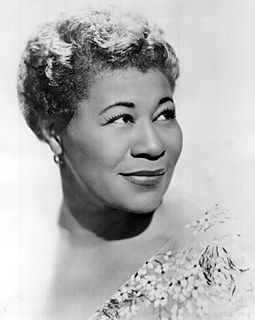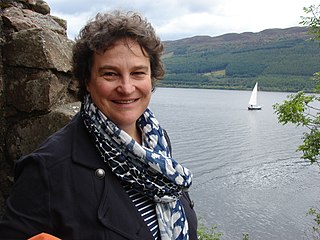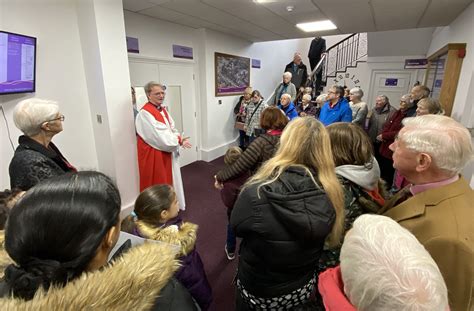A Quote by Diana Gabaldon
You are at some point exposed to a wonderful story, and you really want to know what happens next, so you learn to read in order to find out.
Related Quotes
I don't go through a torturous intellectual process to decide what to direct. I know what I want to direct the second I read something or hear a story. I just know when it grabs me in a certain way I want to direct it. And then I spend the next four to six months trying to talk myself out of it, because directing is really hard! But it's true, I know essentially when and what I want to do next... it's an undeniable feeling I get and it's not the same feeling I get when I wind up producing something.
My youngest brother had a wonderful schtick from some time in high school, through to graduating medicine. He had a card in his wallet that read, ‘If I am found with amnesia, please give me the following books to read …’ And it listed half a dozen books where he longed to recapture that first glorious sense of needing to find out ‘what happens next’ … the feeling that keeps you up half the night. The feeling that comes before the plot’s been learned.
I didn't want to teach my kid how to read, so I used to read to him at night and close the book at the most interesting part. He said, “What happened then, daddy?” I said, “If you learn to read, you can find out. I'm too tired to read. I'll read to you tomorrow.” So, he had a need to want to learn how to read. Don't teach children how to read. Don't teach them mathematics. Give them a reason to want it. In school, they're working ass-backwards.
I always think it's interesting to switch genres, because if I read a script and I know exactly how to manifest a story, I don't really want to do it anymore, because I've already done it in my head. It becomes less interesting. If I read something that's challenging, I get really passionate and usually fall in love with it, because I feel I need to do it. I need to tell the story; I need to find a way to make it happen.
Read non-fiction. History, biology, entomology, mineralogy, paleontology. Get a bodyguard and do fieldwork. Find your inner fish. Don't publish too soon. Not before you have read Thomas Mann in any case. Learn by copying, sentence by sentence some of the masters. Copy Coetzee's or Sebald's sentences and see what happens to your story. Consider creative non-fiction if you want to stay in South Africa. It might be the way to go. Never neglect back and hamstring exercises, otherwise you won't be able to write your novel. One needs one's buttocks to think.
Now I also want to say, without a doubt, there are some wonderful, wonderful, absolutely wonderful things about being a man. But at the same time, there's some stuff that's just straight up twisted, and we really need to begin to challenge, look at it and really get in the process of deconstructing, redefining, what we come to know as manhood.
Here's what I want from a book, what I demand, what I pray for when I take up a novel and begin to read the first sentence: I want everything and nothing less, the full measure of a writer's heart. I want a novel so poetic that I do not have to turn to the standby anthologies of poetry to satisfy that itch for music, for perfection and economy of phrasing, for exactness of tone. Then, too, I want a book so filled with story and character that I read page after page without thinking of food or drink because a writer has possessed me, crazed with an unappeasable thirst to know what happens next.



































